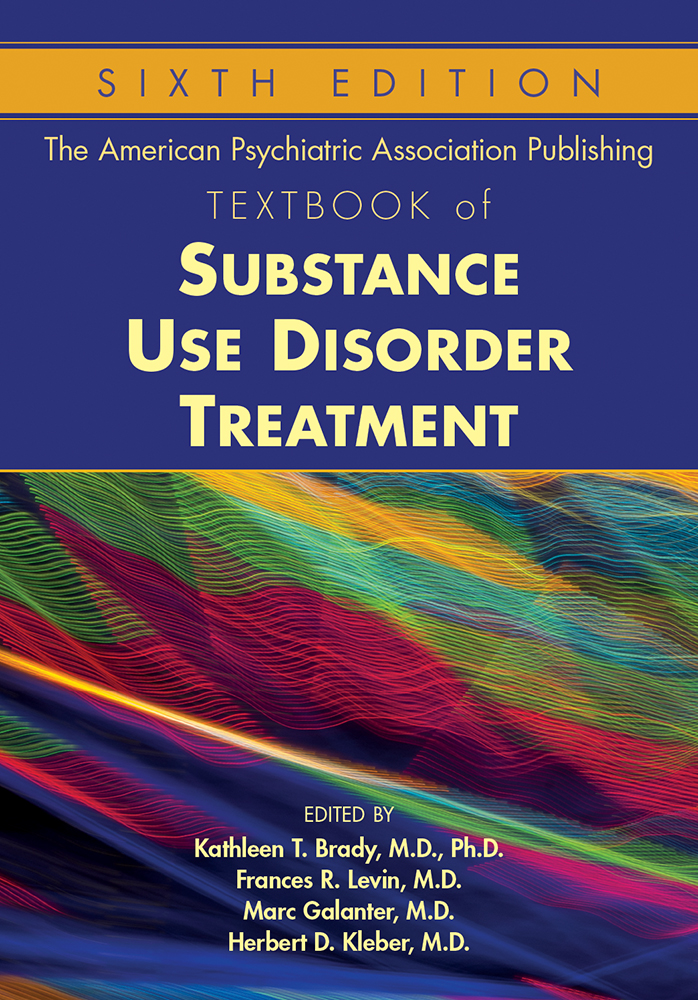Sections
Excerpt
The goal of this chapter is to help clinicians better engage and support patients with co-occurring or primary alcohol or drug problems through use of 12-step programs to enhance treatment outcomes and recovery. “Twelve-step programs” refers to Alcoholics Anonymous (AA) and its spin-offs—Narcotics Anonymous (NA), Cocaine Anonymous (CA), and others that are based on the 12 steps to recovery elucidated in the original Alcoholics Anonymous meetings and “Big Book,” developed in the 1930s in the eastern United States. Currently, there are more than 100,000 different AA meetings a week in the United States, and lesser numbers of NA, CA, and other “Anonymous” meetings. Meetings can be found in almost all countries of the world, are led by their own members, do not involve cross-talk, and generally follow the 12 steps and 12 traditions of AA (www.aa.org/pages/en_US/index). Meetings can occur throughout the day, but most are in the evenings and last 60–90 minutes. McCrady and Tonnigan (2014) have provided a detailed discussion of Anonymous programs and the research base supporting these programs, and an updated Cochrane review has demonstrated the efficacy of 12-step programs (Kelly et al. 2020).
Access content
To read the fulltext, please use one of the options below to sign in or purchase access.- Personal login
- Institutional Login
- Sign in via OpenAthens
- Register for access
-
Please login/register if you wish to pair your device and check access availability.
Not a subscriber?
PsychiatryOnline subscription options offer access to the DSM-5 library, books, journals, CME, and patient resources. This all-in-one virtual library provides psychiatrists and mental health professionals with key resources for diagnosis, treatment, research, and professional development.
Need more help? PsychiatryOnline Customer Service may be reached by emailing [email protected] or by calling 800-368-5777 (in the U.S.) or 703-907-7322 (outside the U.S.).



